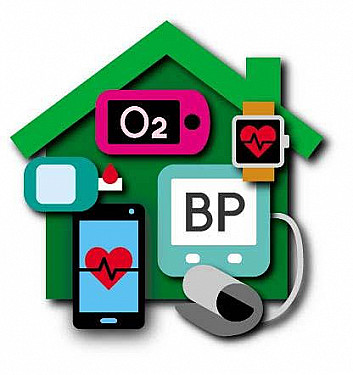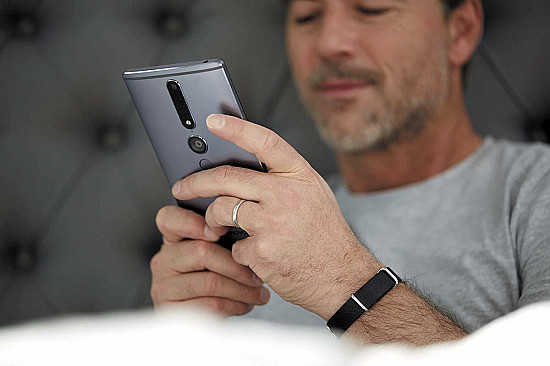Device of the month: Smart ring
- Reviewed by Christopher P. Cannon, MD, Editor in Chief, Harvard Heart Letter; Editorial Advisory Board Member, Harvard Health Publishing
 s
s
Smart rings — the latest category of wearable devices — can do many of the same things a smart watch can, including monitoring your heart rate, measuring your blood oxygen level, and tracking your activity and sleep patterns.
Because of their small size, rings are more comfortable to wear, especially during sleep. Compared to smart watches, smart rings may be more accurate for sleep tracking but less accurate for tracking activity, although that's based on limited evidence.
One smart ring, the Ultrahuman Ring AIR, is even capable of detecting atrial fibrillation, using an FDA-cleared app. Another ring under development may be able to accurately measure blood pressure, according to a small study by Korean researchers published earlier this year.
Smart rings are water resistant, so you can wash your hands and swim while wearing them. Like smart watches, different smart rings are compatible with certain smartphones, and some require subscription fees. The most popular ones range in price from $250 to $400.
Given the dearth of studies to date, it's hard to say if a smart ring can benefit your heart health. As experts note, extra health information is only useful when it's integrated with effective behavior changes.
Photo courtesy of Oura Health Ltd
About the Author

Julie Corliss, Executive Editor, Harvard Heart Letter
About the Reviewer

Christopher P. Cannon, MD, Editor in Chief, Harvard Heart Letter; Editorial Advisory Board Member, Harvard Health Publishing
Disclaimer:
As a service to our readers, Harvard Health Publishing provides access to our library of archived content. Please note the date of last review or update on all articles.
No content on this site, regardless of date, should ever be used as a substitute for direct medical advice from your doctor or other qualified clinician.
















